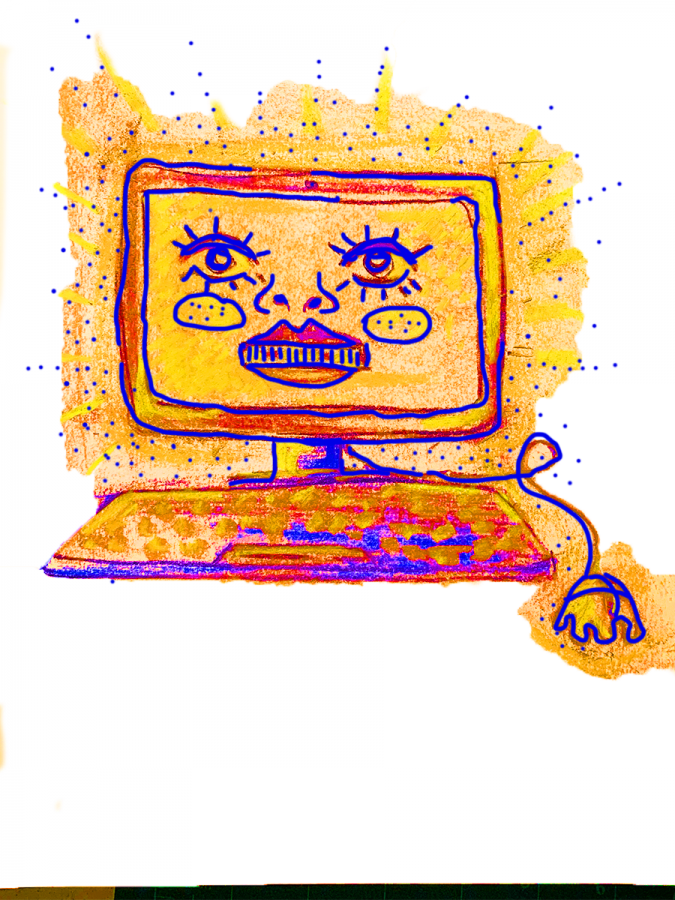In 2020, 77% of all jobs will require some degree of technological skills. Whether students decide to pursue a career in health, business, communications or any other field after college, they will likely encounter technology in their work. There is an increasing need for workers with computational skills, but a shortage of graduates who are proficient. In order to better prepare students for their careers, UT should better incorporate technology into the core curriculum. This would reflect the programming used in professional settings and give students an edge in the job recruitment process regardless of their major.
The requirements for graduation need to adapt to meet the technological demands of professional fields, and that includes being technologically literate. While the 2019-2020 core curriculum requires a Natural Science & Technology component, students may opt for a biology or nutrition class or may have this credit already fulfilled with an AP course. Instead, if the University implemented a flag requirement or a stronger technological component, it would require students to gain exposure to the prominent technologies in their field.
“We want to encourage students to take a technology-focused course, but (we) don’t have enough seats for everyone to take one,” said Hillary Procknow, director for the Core Curriculum and Texas Success Initiative.
“Technology should be introduced in context,” Procknow said. “You should be encountering technology in your major courses.”
While technology is already a part of many majors, there is room for improvement. A technology flag or core requirement would further encourage faculty to increase the practical use of computer tools in the classroom. The possibilities of incorporating technology are vast, and understanding the foundations of data analytics, web design and creation, programming, and software used in professional settings such as Excel and Adobe products would give students an edge compared to their peers at other schools.
“Departments and schools have curriculum alignment and development committees, and they all should be working to incorporate relevant technology courses,” Procknow said.
Additionally, digital literacy has benefits beyond a professional advantage. More technology-based classes will increase the frequency of projects centered around finding solutions to problems. Such project-based learning engages students in critical thinking and problem solving.
Mathematics senior Samuel Wu is pursuing an Elements of Computing certificate and explained the benefits of programming projects.
“I learned a lot from doing all the projects,” Wu said. “I found that I was able to learn more by meeting up with people and working on projects collaboratively.”
Active technology usage would give students the ability to develop their technological skills to communicate ideas through data visualization and creating online content, which they might neither have the time nor incentive to do outside of school.
“It’s not just about having the programming experience,” Wu said. “It also teaches you a lot of problem-solving skills … You have to figure out how to connect your ideas into a tangible product.”
Furthermore, students need to be taught to be both collaborative digital creators as well as considerate consumers of digital content. The internet is an incredibly useful tool. However, it also facilitates misinformation, bias and privacy violations, so students may need guidance in online navigation. Proper online etiquette and the ability to discern reliable sources are both not just necessary for work — they’re vital life skills.
“These skills are so important,” Procknow said. “Lots of (people) on campus are really concerned about these issues, and we hope that colleges and departments are doing work within to address that.”
As technology and online content continue to rapidly evolve and skills have shorter shelf lives, students must adopt a continual-learning mindset. A technology flag or core requirement would better integrate the adaptability to new technology needed for any career. Students with a strong technological foundation will have a deeper understanding of the digital environment and be better fit to meet changes in the workforce head on.
Dang is a sustainability studies and Business Honors Program freshman from Kerrville, Texas.





















